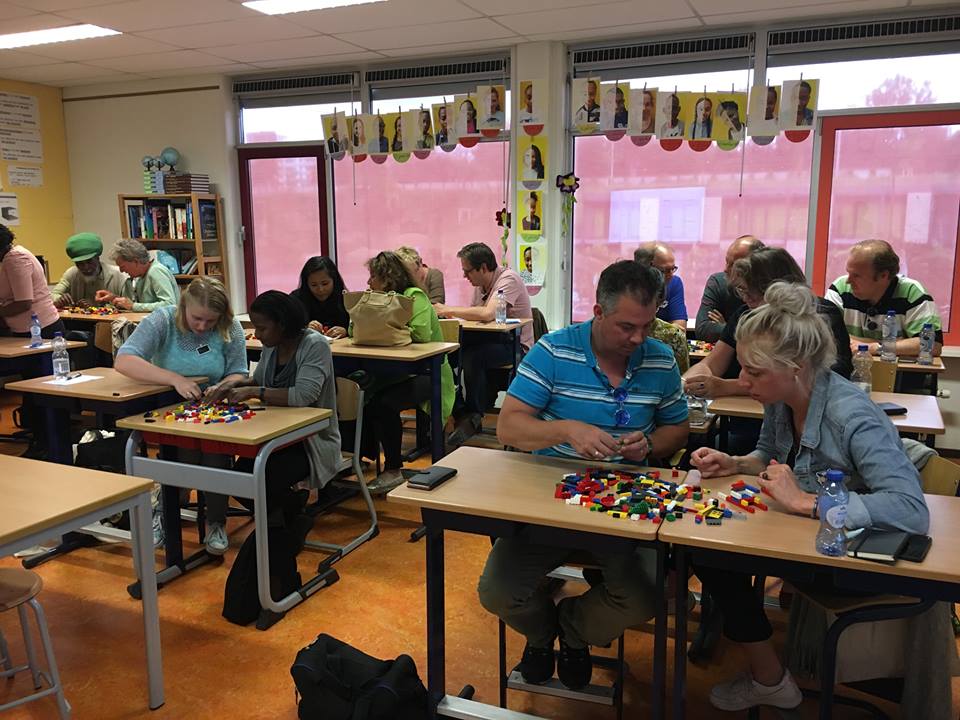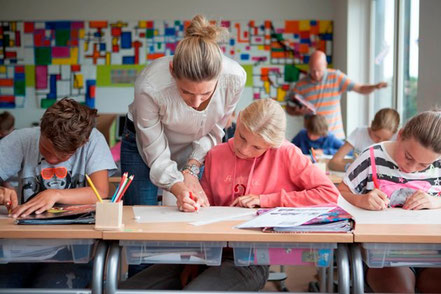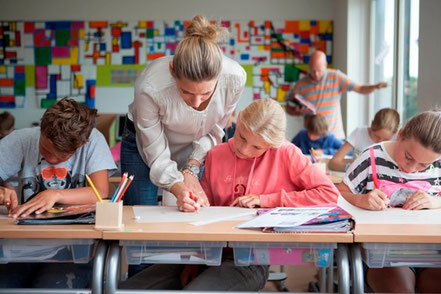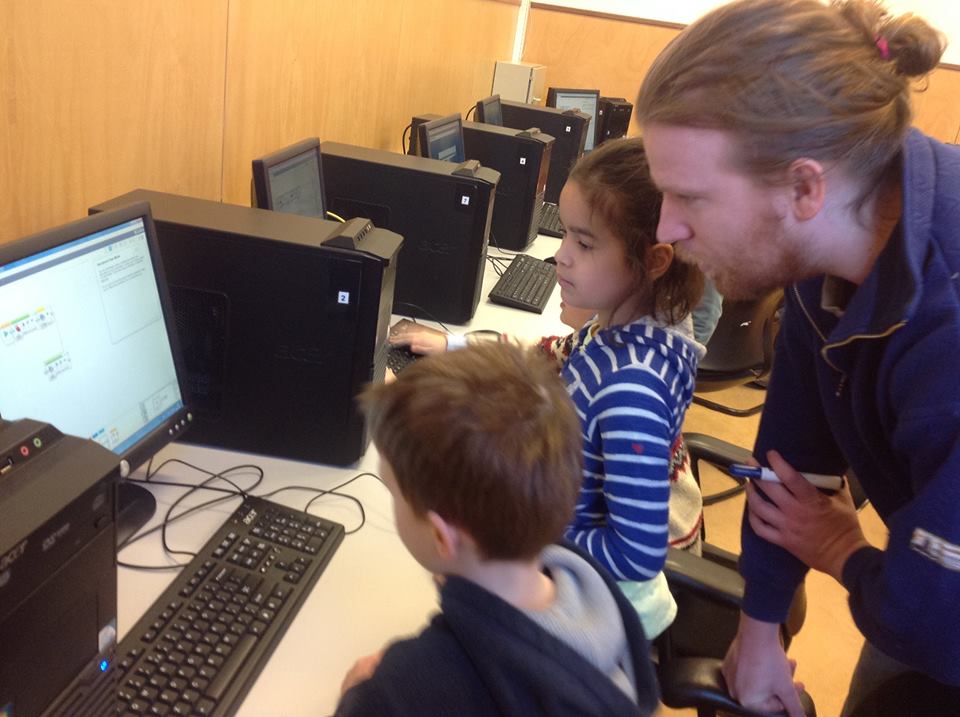NewTechKids hosted a teacher training workshop on June 6th, 2017 as part of the 'Learning Fair' event organised by Projectenbureau Primair Onderwijs Zuidoost (PPOZO). Projectenbureau Primair Onderwijs Zuidoost (PPOZO) is the organization which coordinates after-school activities for primary schLearnool students in Amsterdam Southeast, one of the city's most economically-disadvantaged communities. It works with 10 school boards representing 29 schools in the area and 7017 students. Scrum: an important teaching tool to help students develop 21st century skills Scrum
Read moreteacher training
NewTechKids has been invited to contribute to VHTO’s new teacher training initiative, DigiLeerKracht. The initiative will focus on providing free training and support for primary school teachers in the Netherlands who are interested in teaching computational thinking in the context of programming. The initiative aims to train 2000 teachers from 2017 - 2019. The initiative is supported by Google.org, the philanthropic arm of Google. VHTO is the Dutch national expert organization focused on the participation
Read moreNewTechKids has been invited to contribute to VHTO’s new teacher training initiative, DigiLeerKracht. The initiative will focus on providing free training and support for primary school teachers in the Netherlands who are interested in teaching computational thinking in the context of programming. The initiative aims to train 2000 teachers from 2017 - 2019. The initiative is supported by Google.org, the philanthropic arm of Google. VHTO is the Dutch national expert organization focused on the participation
Read moreLast week, NewTechKids became the subject of Wittenberg University's Project Week in Amsterdam. For five days, business students dove into NewTechKids' business model and selected a country where we could expand our business: curriculum, lesson plans and teacher training programs. (We discounted the United States, Canada, the United Kingdom, Scandinavia, Finland, Australia and New Zealand as these countries already have thriving computer science education in place.) Their challenge: select a country, prove that computational thinking and computer
Read moreIn December 2016, the European Union published the report “Developing Computational Thinking in Compulsory Education: Implications for policy and practice”. Click here for a definition of computational thinking and how it helps students solve problems, understand the world around them and become inventors. The report is useful to compare the EU's action to other places such as the United States which launched the 'Computer Science for All' initiative which will bring computer science education to all students in America, beginning in primary school.
Read moreNewTechKids is gearing up for our Fall activities and we want to hear from schools which are interested in our computer science and 21st century skills programs. We teach primary school children (4-6, 7-9 and 10-12 years) fundamental computer science and programming concepts which underlie all devices, programming languages, apps and technology. Here's how schools can partner with NewTechKids to bring computer science education to their students: hire NewTechKids teachers to teach computer science and programming
Read more




